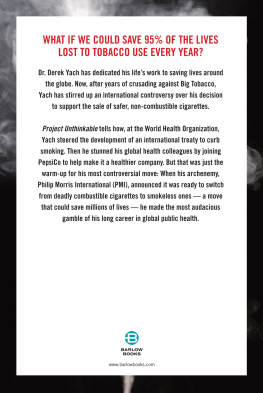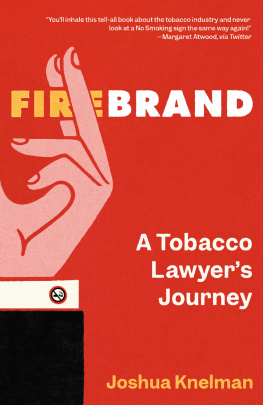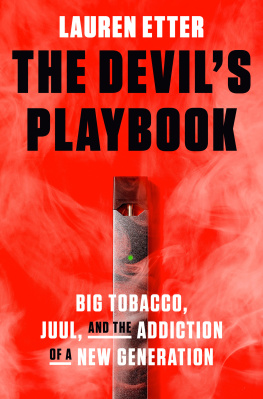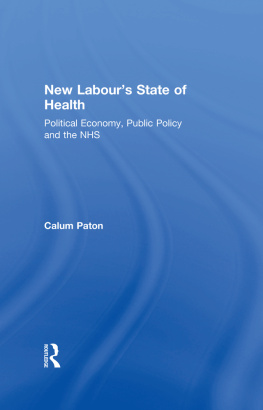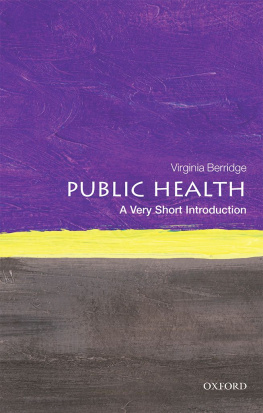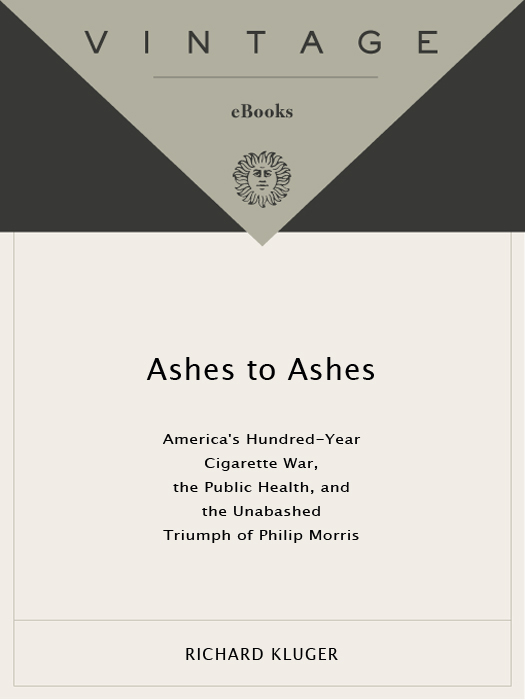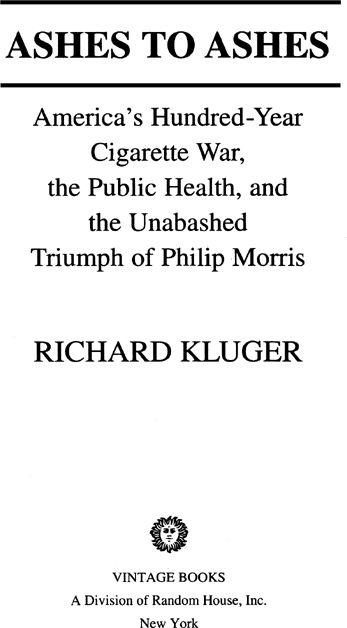Foreword: A Quick Drag
A s THE twentieth century wanes, we may marvel justifiably at the triumphs of the human intellect in the course of this span over the visitations of nature at its unkindest. We have largely overcome the savaging effects of infection and contagion, of extreme climates and turbulent weather, of famine and peril from other species. We have attacked the vastness of our planets distances, even the force of gravity itself, while unlocking the earths elemental secrets. We have generated creature comforts and pleasures on a scale undreamed of by our forebears and doubled our expected life span.
Yet, as if to reassure the overseers of the universe that we have not attained godlike status but remain in essence creatures of folly and victims of our darker natures, we have also ingeniously crafted fresh forms of misery and death-dealing. We have generated vile effluents with our life-enhancing technology, fouling soil, waters, and skies in ways only beginning to be understood. We have fashioned doomsday weaponry. We have promoted mindless tribal hatreds into genocide and rationalized it in the name of profane statecraft. And worst of all, if we are to credit the number of fatalities as calculated by public-health authorities, twentieth-century man has embraced the cigarette and paid dearly for it.
The stated toll is horrific. Americans are said to die prematurely from diseases caused or gravely compounded by smoking at the rate of nearly half a million a year; a multiple of that figure is put forward as the world toll, approaching several million. The number claimed has risen appallingly as the century has lengthened, population and wealth have grown, and social customs have turned more permissive. No one can make more than an informed guess at the total loss of life, but those decrying it most urgently assert that the mortality figure from smoking for the century as a whole rivals the multimillions who have fallen in all its wars.
Yet there has been little outrage at the appalling statisticsonly a dirgelike, loosely orchestrated, and inconstant chorus of protest over the continuing practice of the custom and, increasingly of late, restrictions on where it may be undertaken. At mid-century, nearly half the adult American population smoked; near the end of the century, despite massive indictment of the habit by medical science, more than a quarter of all Americans over eighteen continues to smokenearly 50 million people. And while overall consumption has declined somewhat, those who cling to the custom smoke more heavily than ever: an estimated twenty-seven cigarettes a day on average. Meanwhile, in Asia, Africa, and Eastern Europe, tobacco is a growth industry. There the cigarette is widely regarded as a sign of modernity, an emblem of advancement, fashion, savoir-faire, and adventure as projected in images beamed and plastered everywhere by its makers. And, in a case of supreme irony, not to say perversity, the more evidence accumulated by science on the ravaging effects of tobacco, the more lucrative the business has become and the wider the margin of profit.
Why should this be? Did mankind simply become putty in the hands of the master manipulators who ran the cigarette business? Were we so charmed by the iconography with which these marketing Svengalis enriched our popular culturea fantasyland populated by heroically taciturn cowboys, sportive camels, and an array of young lovers, auto racers, and assorted bons vivants all vibrantly alive with pleasurethat we exonerated them from all charges of capital crimes?
Or have we been convinced by these merchants unyielding insistence that peddling poison in the form of tobacco is no vice if (a) it is freely picked by its users and (b) its dangers have not yet been conclusively, to the last logarithm of human intellect, proven? Or perhaps our complicity in this man-made plague stems from our very familiarity with the subject; the product has become so ubiquitous and the case against it so clear that we are plain bored by the whole matter. Or perhaps it is the circumstances of death from smoking. The toll is slowly exacted, in the form of seven or eight years of lost life to the average smoker, who, like the rest of us, succumbs mostly to the degenerative diseases of old age: cancer, failing hearts, blocked arteries, dysfunctional lungs. Death from such causes comes singly, and usually at hospitals, not in spectacular conflagrations or crashes obliterating hundreds at a time and capturing the worlds attention and sympathy. The smokers death is banal, private, noticed only by family and friends, and, in the final analysis, self-inflicted.


